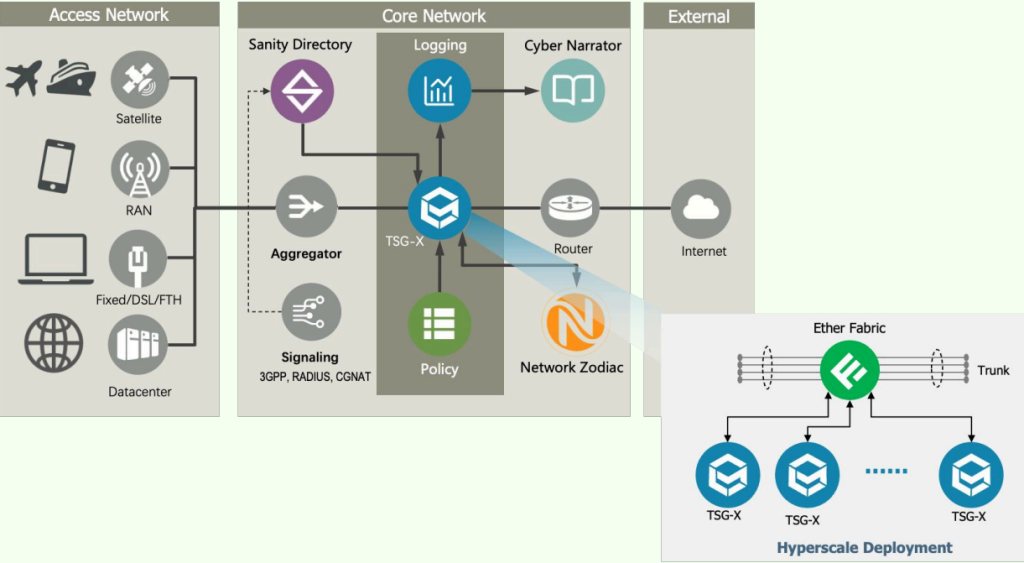
Geedge Networks Linked to China’s Great Firewall Export
- Surveillance export: A Chinese company is reportedly exporting Great Firewall-like surveillance and censorship technology.
- Data source: The report analyzed over 100,000 leaked internal documents exposing a systematic effort to sell digital authoritarianism tools.
- Selling surveillance: The analysis revealed contracts with Kazakhstan, Ethiopia, Pakistan, and Myanmar.
New research from InterSecLab reveals that a Chinese company, Geedge Networks, is actively exporting surveillance and censorship technologies analogous to China's Great Firewall to multiple autocratic regimes.
The findings, based on an analysis of over 100,000 leaked internal documents, expose a systematic effort to commercialize tools for digital authoritarianism.
Key Findings from "The Internet Coup" Research
The investigation identifies Geedge Networks, a private company with links to the Chinese Academy of Sciences’ Massive and Effective Stream Analysis (Mesalab), as the primary entity behind the export.
The company reportedly offers a suite of products enabling deep packet inspection, real-time monitoring of mobile subscribers, and granular control over internet traffic.
According to the report, Geedge Networks has contracts to establish these sophisticated surveillance systems in Kazakhstan, Ethiopia, Pakistan, and Myanmar, with evidence of involvement in another undisclosed country.
The research also indicates that Geedge Networks' surveillance technologies are deployed within China itself, including in the Xinjiang region.
The company’s systems allow client governments to implement censorship rules tailored to specific regions, effectively creating national firewalls that mirror the functionality of China's Great Firewall export, the analysis says..
Implications for Digital Authoritarianism
This report highlights a significant trend in the commoditization of surveillance technology and the spread of digital authoritarianism. By providing the infrastructure and expertise for internet control, Geedge Networks enables foreign governments to monitor and censor their populations more effectively.
This proliferation of state-controlled internet systems raises serious concerns about the future of global internet governance, data sovereignty, privacy, and human rights, suggesting a move toward a federated system of digital control supported by Chinese technology.
The research was a collaborative effort involving Amnesty International, Justice For Myanmar, and other international media partners.










